Who was Sultania Hurem, « the most powerful » woman in the history of the Ottoman Empire – BBC News in Serbian
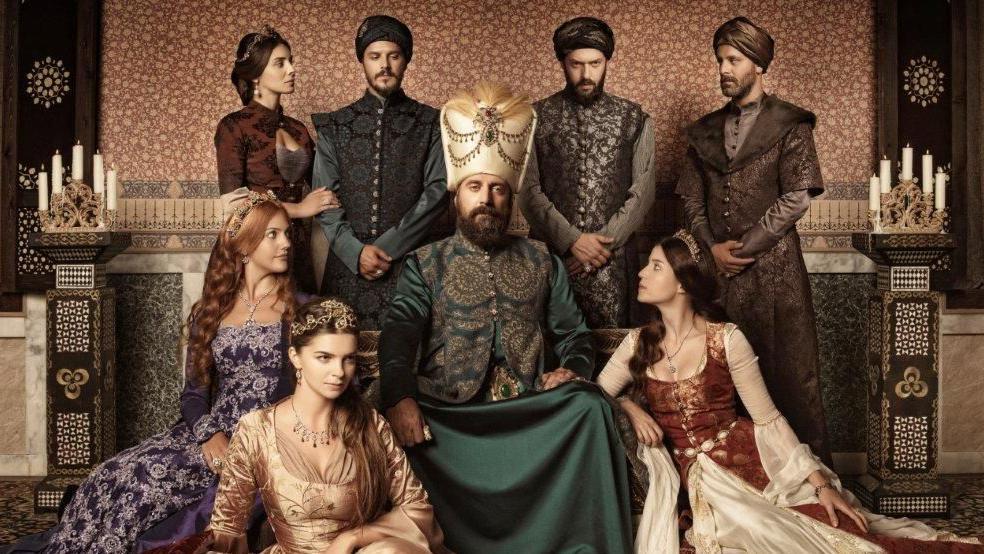
Probably the most influential woman in the Ottoman Empire, a beloved wife of one of the most powerful people, and a puzzling person whose heritage is still written and whose origin is appropriated, after death in 1558. years continues to amaze history lovers.
Sultania Hurem, also known as Rokselan, was not just a coincipt or husband Sultan.
She had an exceptional life path from slavery to the peak of imperial influence, and became a person who reshou was reshaped by the political landscape of the court in the Ottoman Empire at 16. century.
The Ottoman Empire was dominated by Southeast Europe, West Asia and North Africa from 14. until the beginning of the 20th century.
It is considered one of the largest and deepest empires in history.
According to many historians, « Sultanate Women », the period during which Mothers and Wife Sultan had a major political impact on the management of Ottoman Empire, it began to rise Hurem.
Her stay in Harem, private chambers in Sultan’s palace where wives, concubines, women’s members, and minevans, as well as later events were documented.
However, for centuries, discussions of her origin were later kept.
Was it prisoner from the space of today’s Ukraine, a daughter of the Orthodox priest, or, how does the unexpected theory, the Italian nober woman who hated Pirates?
From captivity to court
Most historians believe that Sultania Hurem was born in the early 1500s in Ruthenia, a historical area that included parts of today’s Ukraine, Poland and Belarus.
There is no need to record about Huremin name at birth.
While some Ukrainian sources are called Alexander or Anastasia Lisovska, others believe that in Western Europe was known as La Rossa (red), rosan (elegant rose), rocks, rolenza, roksana, or rokselana.
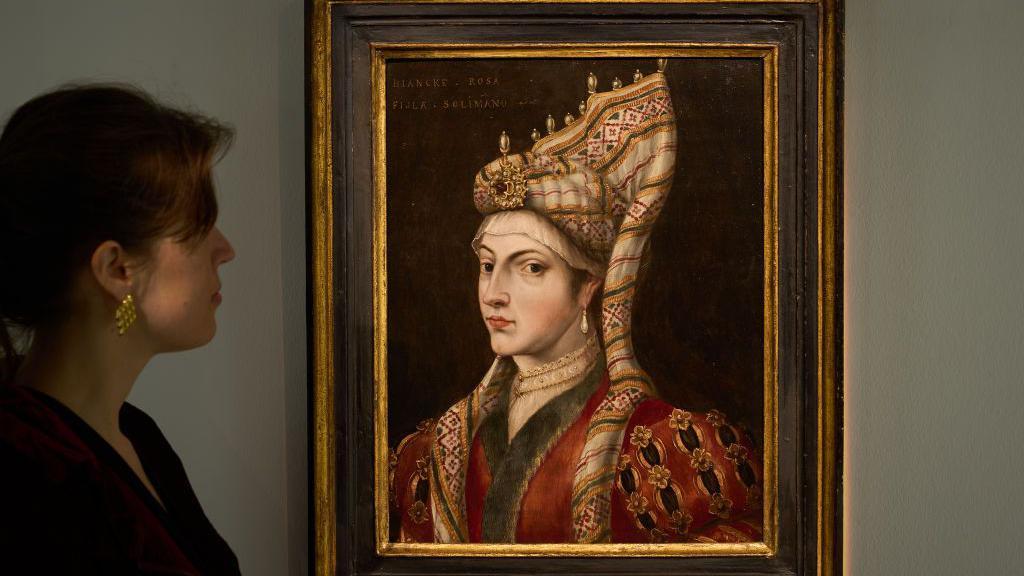
In official Ottoman documents, it is listed as Haseki Hurem Sultani.
« Hurem » means « joyful » in Persian, and « Haseki » is an honorary vocation intended for the Mother of the Sultan’s child.
Some sources claim that she was a daughter of the Orthodox priest, and the other was encouraged from the peasant family.
There are records that the Crimean Tatars were captured in Rogatin, the then part of the Polish kingdom, and today in Western Ukraine, says Professor Feridun Emecene from Turkey.
Then it was sold as a slave, brought to the Ottoman Empire as a teenager and donated to the Mother of Prince Sulejman, who later became known as Suleiman Magnificent, says Professor Zejnep Tarim from Turkey.
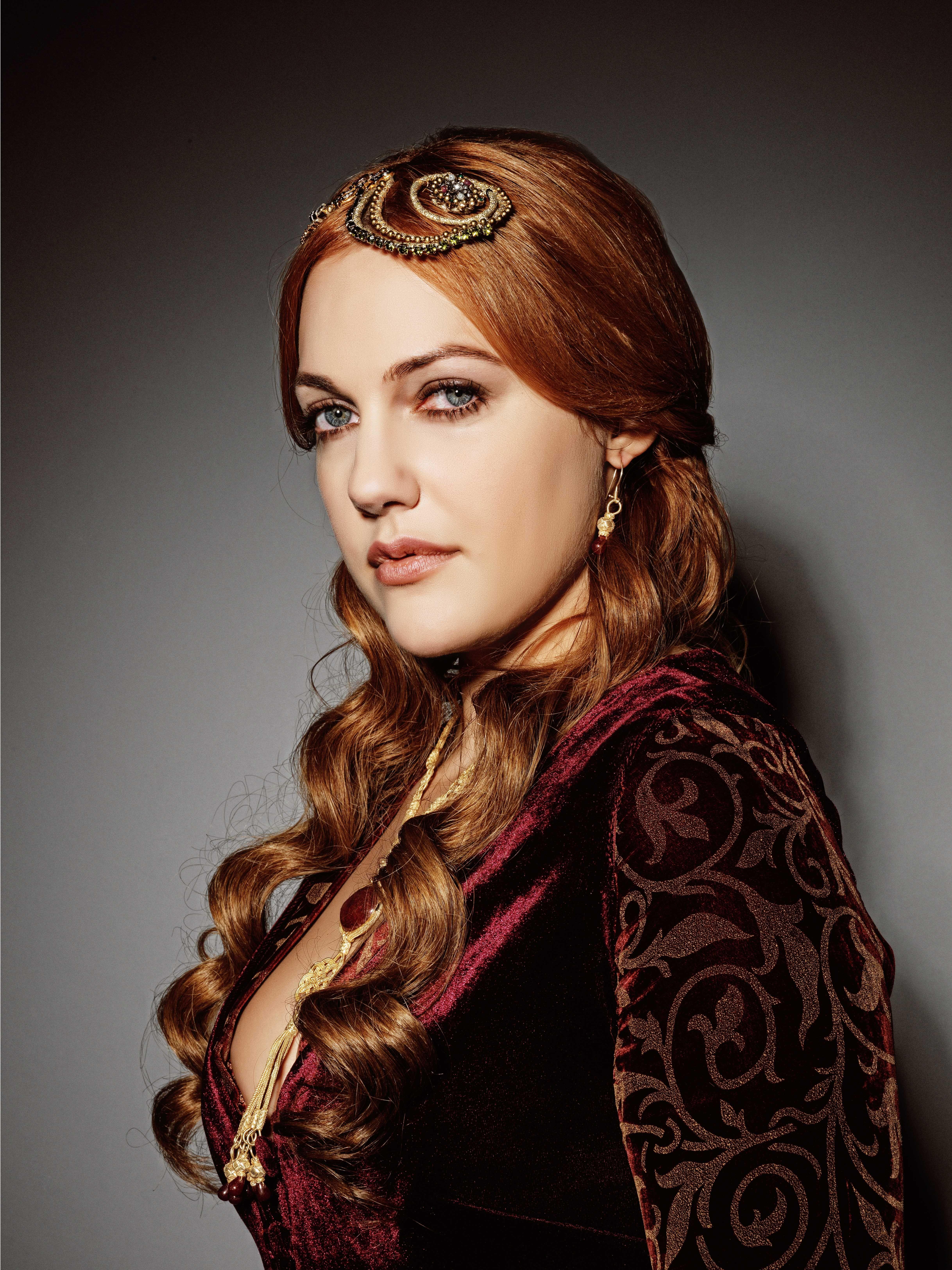
In Harem, it was most likely around 1520. years, because it is known that their first child, Prince Mehmed, born next year.
Sulejman later married Hurem, thus violating the century and shocked the court, and raised her status at until then an unprecedented level.
Before him, no Ottoman Sultan married the Congratulation.
Italian origin?
Despite the widely accepted statement of its routine origin, alternative theories of the Past Hurem are still current.
One special controversial claim is the researcher of Dr. Rinalda Marmara, who says that the manuscript was found in the Vatican archive according to which Hurem was actually an Italian nojem named Margerita from the Marsilja family from Sijena.
According to the document, her and her brother captured Pirates and sold them as a slave to the Ottoman court.
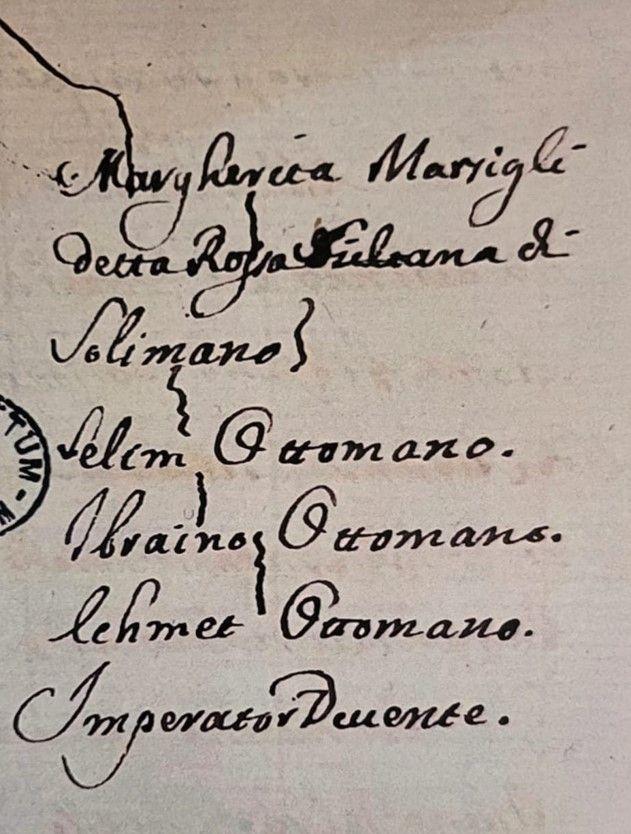
Marmara goes a step further, claiming that the manuscript reveals the allegedly related relationship between Hurema’s Fourth, and Pope Alexander Seventh, which calls into question her Ruthenian origin and indicates covert noble roots.
Historists, however, are suspicious of this theory.
Professor Tarim believes that the confirmation of this claim is needed far more serious documentation.
It points out that nothing like is mentioned in very detailed reports of Venetian ambassadors, which are considered one of the most reliable sources of court gossip and diplomatic information from that period.
« That something like that would have been written (in these reports), we would know much earlier, » she says.
Professor Emecen says Hurem held a correspondence with the Polish Royal family, but adds that it was most likely a common diplomatic practice, not evidence of her noble origin.
Watch the video: As Serbian medieval dragons looked
‘Russian witch’
Additional confusion creates a way in which Sultania Hurem is mentioned in different sources.
In documents and poetions from the Ottoman period, it is sometimes called a « Russian witch », a derogatory nickname who used her opponents, especially after executing Sulejman’s oldest son, Prince Mustafa, who was born another woman and who was the first line for the throne.
It was believed that Hurem was the main organizer of Mustafa’s doom, which opened the road to the Ottoman throne to her sons.
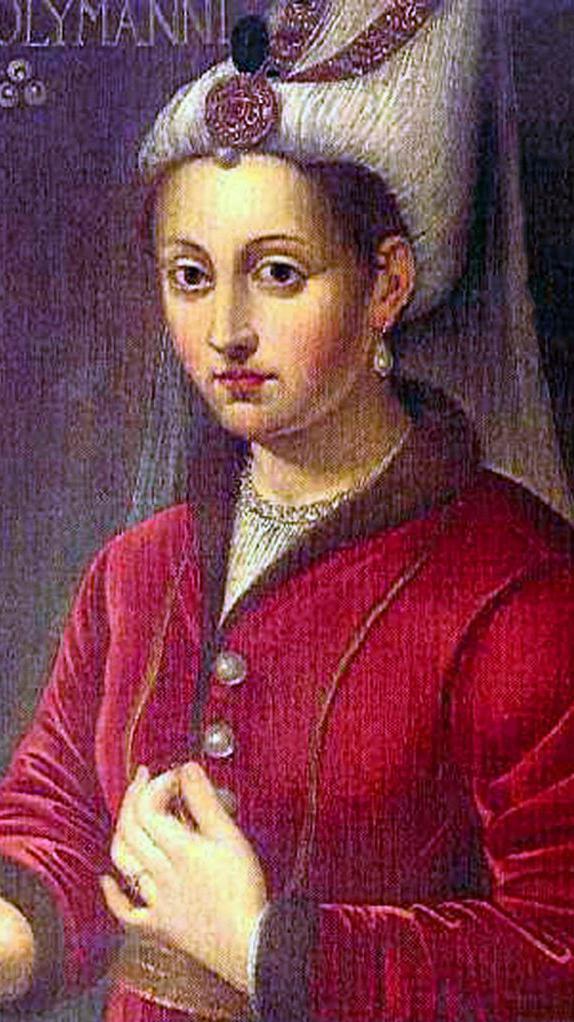
Professor Emecene explains that the term « Rus » in the Ottoman context did not indicate exclusively ethnic rails.
It was a geographical term used for everyone coming from the north, including today’s Ukrainians and Belaruses.
Western passengers and Venetian diplomats of that time also Hurem called Russian, but scientists point out that it was more reflected in her geographical than ethnic origin.
« At that time, there was no Russia in today’s limits.
« (In the prescription from that period), when they say ‘Russian’, they think ‘from Russian geographical space’, » explains Professor Emecene.
« In the 16th century, territory in Poland, where the Ukrainian population, were called ‘Russian’ to the Voivodeship, and Rogatin was part of it, » he added Vitaly Chervonenko from the BBC in Ukrainian.
« Ukrainians were then called ‘Ruthenians’, but it had nothing to do with Russia, » he says.
In recent years, the identity of Sultanan Hurem received a new political meaning, especially in Ukraine, where it is celebrated as a national person.
Monuments in her honor were built in her alleged birth of Rogatin, and the mosque in Marupolje was wearing her name and her husband Sulejman.
At the request of the Embassy of Ukraine in Ankara 2019. year, reference to its « Russian origin » was removed in Istanbul in Istanbul.
The updated inscription now emphasizes its Ukrainian origin, pointing out that her heritage still has significance in the context of modern geopolitics.
Charity
The influence of Sultania Hurem transcended the walls of Harem, but its charity is probably a lasting part of her heritage.
She has funded the construction of mosques, people’s kitchen and endowment in Istanbul and Jerusalem, which was then part of the Ottoman Empire.
The quarter of Haseki in Istanbul is still wearing her name.
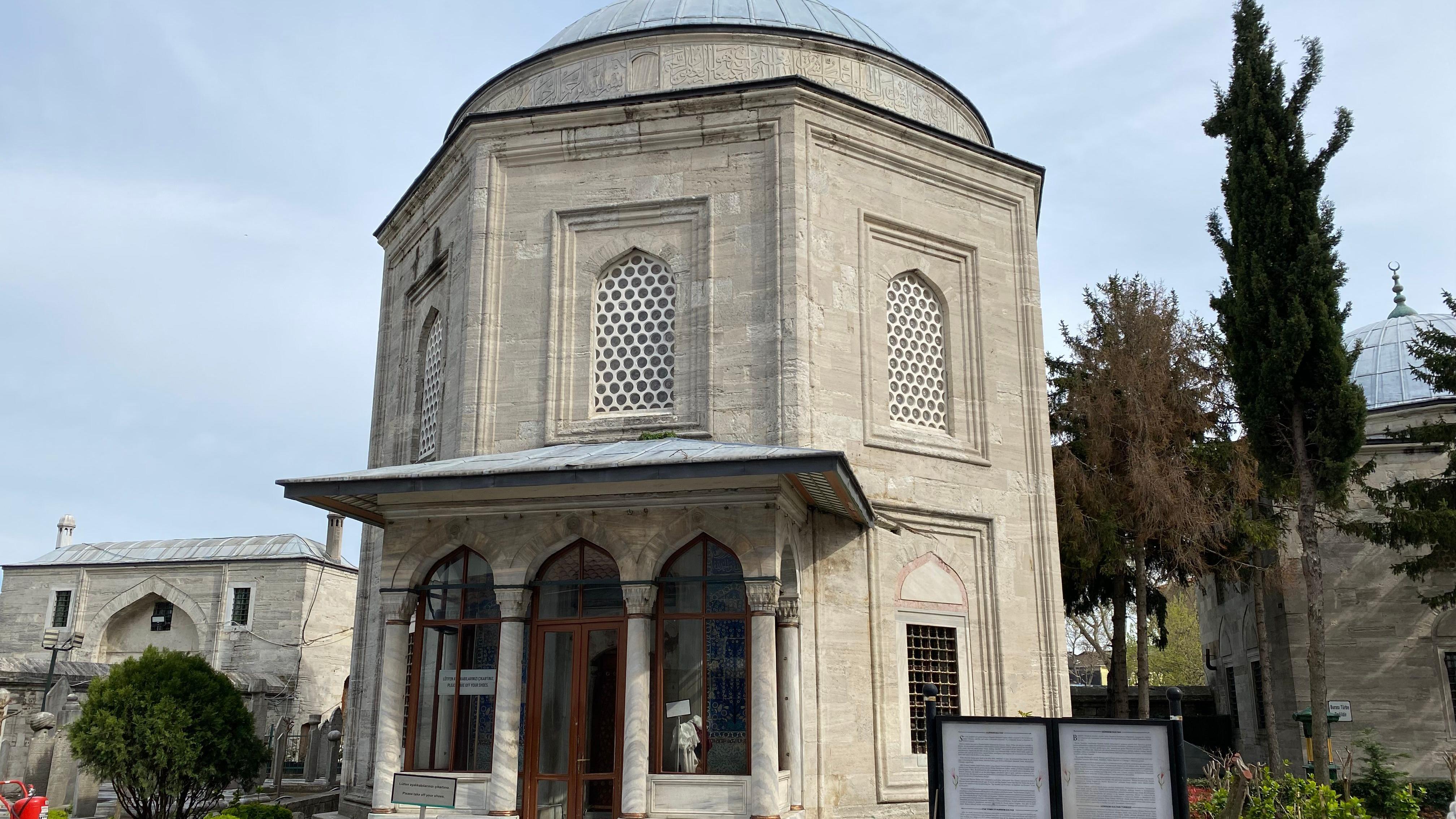
According to historical records, Sultania Hurem died a natural death in Istanbul, 15. April 1558. years.
It was buried in the Suleiman Mosque complex.
It was later, according to the command of the Sultan Suleiman, the turbe, covered tombstone, above Hurema’s grave.
Her death marked the end of the extraordinary life, but not the end of her questions.
Whether it was a rutenian detainee, an Italian aristocratic or misunderstood, powerful woman, Sultania Hurem is one of the most interesting and most controversial personalities in Ottoman, but also to world history.
The BBC in Serbian is from now on and on the morning, follow us Here.
Follow us on Facebook, Twitter, Instagram, Jutjubu and Vajiberu. If you have a topic suggestion for us please contact (Email Protected)







